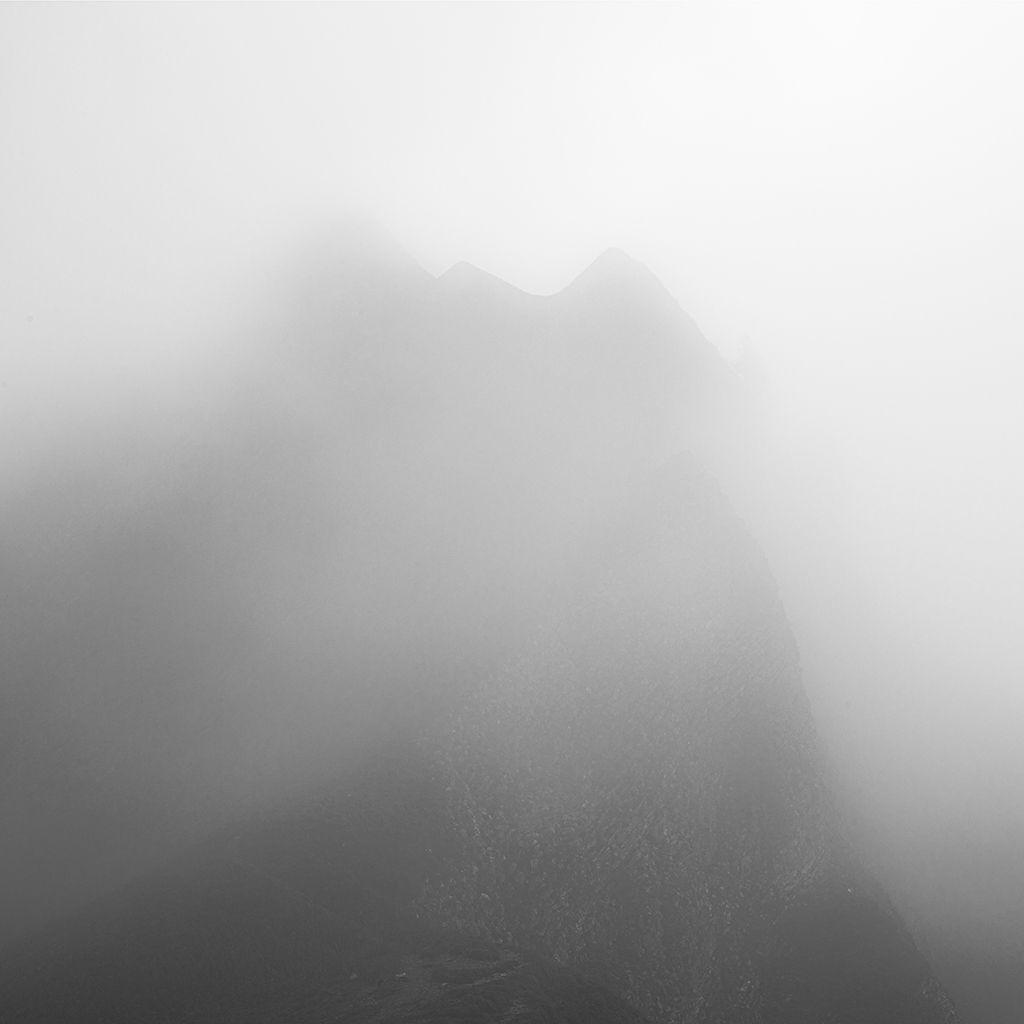
The World is Darkening (2021)
A person is riding a bike along a road. A sudden noise distracts her, the front wheel touches the edge of the road, she loses her balance, falls, and in the next second, she feels a terrible pain in her right arm. Probably a broken bone, she thinks. What will she do next? Will she go to a medicine man who consults with ghosts inside the smoke of a fire and promises her whatever she wants to hear? Or will she go to the nearest doctor with a university degree? The answer is obvious.
Why do we behave not the same way when it comes to climate change? Why do so many people ignore scientists and their warnings? Why are there still politicians in charge who deny climate change? Why are we all not deeply frightened of what lies ahead? Are most people overwhelmed by the danger that climate change poses? I am unable to offer answers to such questions, but I have an opinion.
“Life on Earth can recover from a drastic climate shift by evolving into new species and creating new ecosystems; humans cannot,” says a draft report from the Intergovernmental Panel on Climate Change (IPCC), which will be published in February 2022.
“After more than 11,000 years of relative stability, what geologists call the Holocene epoch, Earth has entered—or rather, human beings have created—a new epoch, the Anthropocene,” wrote Kim Heacox in an essay for the UK’s Guardian newspaper. She is the author of the National Outdoor Book Award-winning novel Jimmy Bluefeather. Responsible for the transition to the Anthropocene epoch lies in our burning of fossil fuels and loading the atmosphere with greenhouse gases, particularly carbon dioxide (CO2) and methane.
The world’s industrialized nations generate about 34 billion tons of CO2 each year. The CO2 released into the atmosphere has increased the average global temperature by 1.2°C since industrialization began. Moreover, the last seven years have been the warmest on record. If we do not change anything, the average temperature will increase by another 0.5°C over the next thirty years. This information is available in several papers, including the well-known report released by the IPCC in 2018, titled Global Warming of 1.5°C.
Melting permafrost, glaciers, and ice caps; warmer oceans; violent storms; floods; heatwaves; droughts; and wildfires are clear signs of the climate crisis. In his book, On Time and Water, Icelandic author Andri Snær Magnason asks, “If we are sensitive creatures and we know where we are heading, why don’t we stop?”
In the largest opinion poll ever conducted, 1.2 million people in 50 countries were asked how they feel about climate change. The United Nations published the results at the beginning of 2021: two thirds of the people interviewed considered climate change to be a global emergency. “The poll gives policymakers a clear mandate to take the necessary action,” commented a spokesperson for the United Nations.
The reality looks different. According to an article in the German news magazine Der Spiegel, voting green and driving an SUV is not just a cliché but a reality for many city dwellers. In a survey of travelers in Germany, 24% of the people interviewed said they would certainly pay a voluntary climate tax for their next flight, but fewer than 1% did. In Switzerland, a CO2 law that would have led to slightly higher costs for gasoline and heating oil was recently rejected by voters at the ballot box.
That brings me to my main point. Between the end of World War II and the beginning of the Cold War, philosopher Max Picard wrote, “nothing has changed the nature of man as much as the loss of silence.” One can disagree with this statement, but thoughts of this kind are the reason for my opinion that we need to move away from self-interest, away from a “me first” to a “global yes we can.” We can slow global warming if most people start listening to what scientists know, not what politicians, social media influencers, and others believe.
“The road to belief is short and convenient, the road to knowledge is long and rocky,” said Ernst Stuhlinger, associate director of NASA’s Space Science Lab in Huntsville, Alabama, from 1960 to 1968. The message from science is clear: we must act now. The danger is not climate change denial; the significant risk is climate change delay.
Such delay makes the world an increasingly darkening place.
